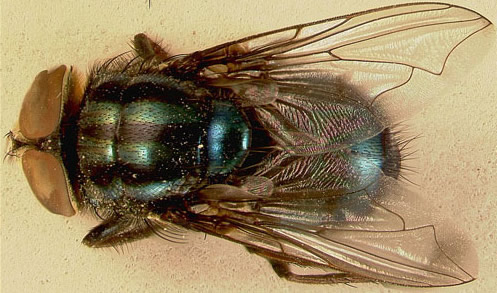Mexico announced plans on Friday to enhance inspections at its borders, customs, and ports to avert a possible screwworm infestation epidemic that may affect livestock traded and consumed in the country.
The move, orchestrated by the Secretariat of Agriculture and Rural Development (Sader), comes after the first case of an animal infested with the screwworm, Cochliomyia hominivorax, in Puntarenas, Costa Rica, and increased cases in Panama.
These protective and surveillance measures aim to establish the first sanitary barrier, protecting domestic livestock from this pest, absent from Mexico for the last three decades.
The focus of Sader’s National Service for Agrifood Health, Safety, and Quality (Senasica) will be to intensify inspection of travelers and goods from Costa Rica and Panama, among other efforts to prevent the entry of prohibited products.

In addition, the Mexican government ordered increased inspection of commercial ships, cruise liners, and aircraft kitchens and waste to ensure proper disposal or return to their country of origin.
According to the Mexican Secretariat of Agriculture, the country has expert technicians who can timely identify the screwworm in samples received at their labs or via tele-diagnosis.
Sader also declared ongoing veterinarian training, bolstering virtual training courses, focusing on pest morphology, identifying differences with similar larvae, and understanding the procedure for lab detection.
The screwworm, colloquially referred to as the larvae of the Cochliomyia hominivorax fly, deposits its eggs in open wounds of warm-blooded mammals, causing potentially fatal infections.
A bilateral agreement between Mexico and the United States in 1976 initiated efforts to eradicate the parasite, creatings the Mexico-US Commission for the Eradication of Screwworms (COMEXA).

